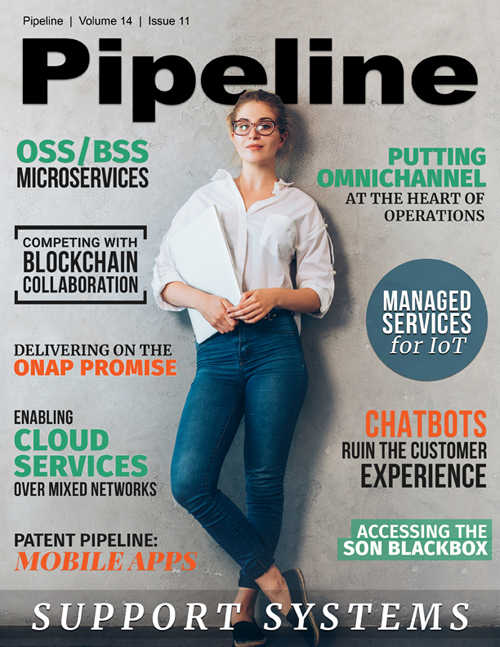Enabling Cloud-Like Services Over Automated & Interconnected Networks
Industry Transformation Journey
MEF 3.0 comprises four major elements:
Standardized, Orchestrated Services. The planned MEF 3.0 service family includes dynamic Carrier Ethernet (CE), Layer 1, IP, SD-WAN, Security-as-a-Service, and other virtualized services that will be orchestrated over programmable networks using LSO (Lifecycle Service Orchestration) APIs. MEF 3.0 CE R1 is the first release available now within the MEF 3.0 framework, while work on standardizing other orchestration-ready services is progressing. MEF currently is on track to publish a MEF 3.0 Layer 1 services specification within the next several months, with SD-WAN soon to follow.
Open LSO APIs. MEF’s LSO Reference Architecture guides agile development of standardized reference points for LSO APIs, models, processes, and tools for end-to-end orchestration of MEF 3.0 services across multiple providers and over multiple network technology domains (e.g., Optical Transport, CE, IP, 5G, etc.). LSO enables service providers to transition from a silo-structured BSS/OSS approach toward flexible end-to-end orchestration that helps maximize return on SDN and NFV investments.

MEF has made great strides on LSO development over the past year. In April 2018, MEF published two new LSO API-related standards for service orchestration over network technology domains. This includes a new Interface Profile Specification (IPS) that defines an intra-provider LSO API for automated network resource provisioning that is now available for use with a mix of network technologies.
MEF members are also working to create a complete suite of standardized inter-provider LSO APIs dealing with automating commercial contractual agreements, address validation, serviceability, ordering, quoting, billing, assurance, testing, and change management. MEF members recently have taken steps to accelerate work related to LSO APIs for pre-ordering and ordering functions to meet a particularly pressing need for automating the buying and selling process related to wholesale connectivity services. We look forward to sharing more news on this front later this year.
Service and Technology Certifications. MEF has increased the agility of its popular service and equipment certification programs to accelerate availability and adoption of MEF 3.0-certified services and technologies. MEF 3.0 certification is delivered by MEF’s testing partner, Iometrix, on a revolutionary on-demand, cloud-based virtual test platform that empowers companies to certify, on an ongoing basis, that their services and technologies comply with the latest agile MEF 3.0 releases. We have a growing pipeline of companies exploring MEF 3.0 certification.
Expanded Community Collaboration. MEF is working with many service and technology providers, open source projects, standards associations, and enterprises to realize a shared vision of orchestrating dynamic services across multiple providers and network technology domains. As part the MEF 3.0 agile standards development process, many MEF members are involved in a global distributed community of companies doing syndicated R&D work well ahead of any MEF standards (e.g., AI/ML Analytics, SECaaS, NNIs for SD-WANs, closed loop automation, etc.) and/or validating MEF’s existing and progressing standards work, such as fulfillment and activation, inter-provider automated product ordering, and other key new orchestrated services (e.g., SD-WAN, Layer 1, and IP).
The key value of the MEF 3.0 Community is that members can experiment in a very agile process, work with members in their own geographic regions, syndicate with other members to solve common goals, mentor and utilize telecommunications graduate/post graduate students to do actual coding, work as teams in LSO Hackathons, gain market traction, and help get to ubiquitous market adoption on LSO APIs and MEF service specifications.
Many MEF projects utilize MEFnet, which is in essence a MEF members-based private IaaS cloud with compute, storage, and networking to enable development, testing, integration, and showcasing of MEF 3.0 solutions utilizing combinations of open source and closed source commercial products.
MEF is a very different Standards Developmental Organization (SDO). We combine the speed and agility of open source projects with the quality and rigorous documentation of traditional standards organizations. We encourage you to join us on this exciting journey to transform the telecommunication industry to deliver on cloud-like services with machine automation and interconnectedness with many business networks worldwide.



















